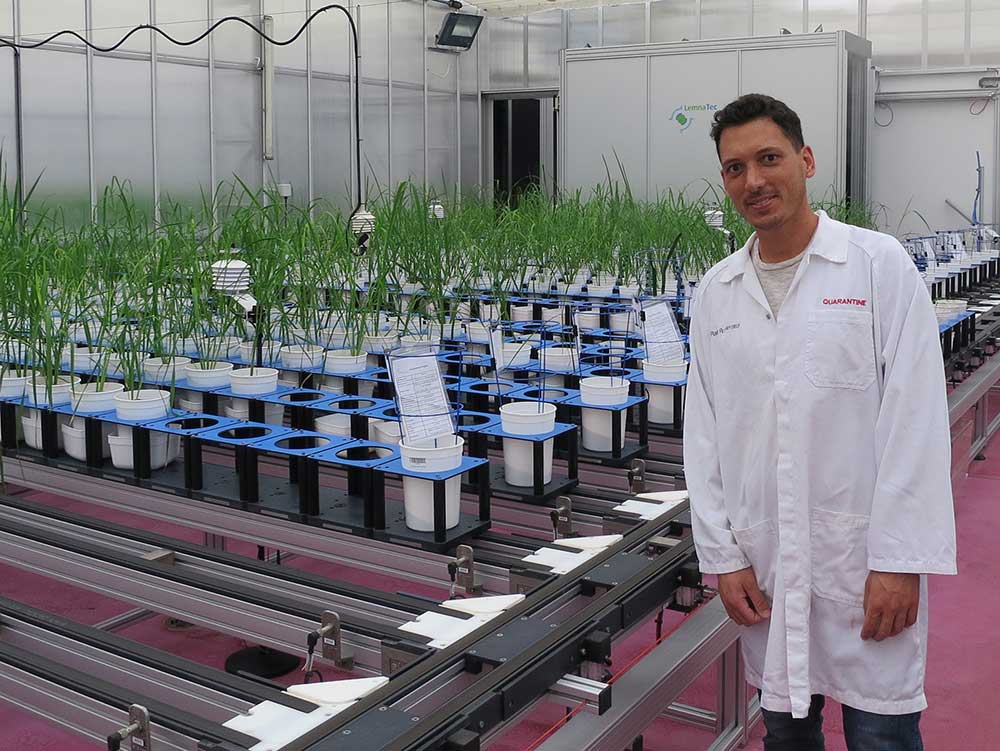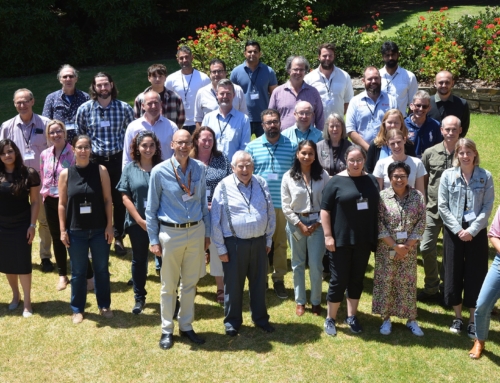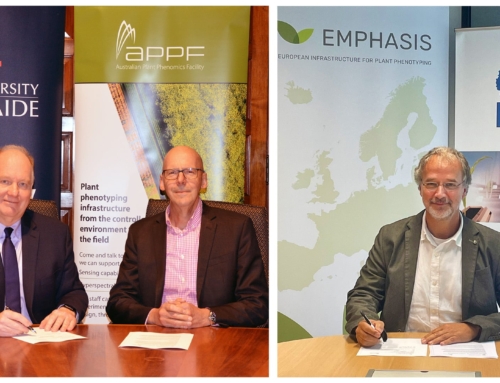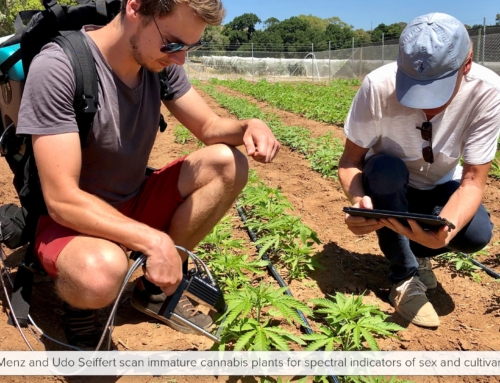Rice is the most important crop for global food security and improving its tolerance to abiotic stresses, such as drought, is becoming increasingly important with climate change.
A collaborative project, led by the University of Nebraska, is using the high-throughput imaging capacity at The Plant Accelerator and the high-resolution phenotyping capabilities at HRPPC to study drought tolerance in rice.
At The Plant Accelerator, a diversity panel is being screened for drought tolerance during vegetative growth to identify the underlying genetic basis of growth and water use under water limitation. In addition, the most tolerant and sensitive lines will be studied in detail at the HRPPC to understand the physiological basis for the different responses to drought.
The project brings together experts from quantitative genetics, image analysis, statistics, growth modelling and crop physiology, spanning three different institutions.







